Related Articles
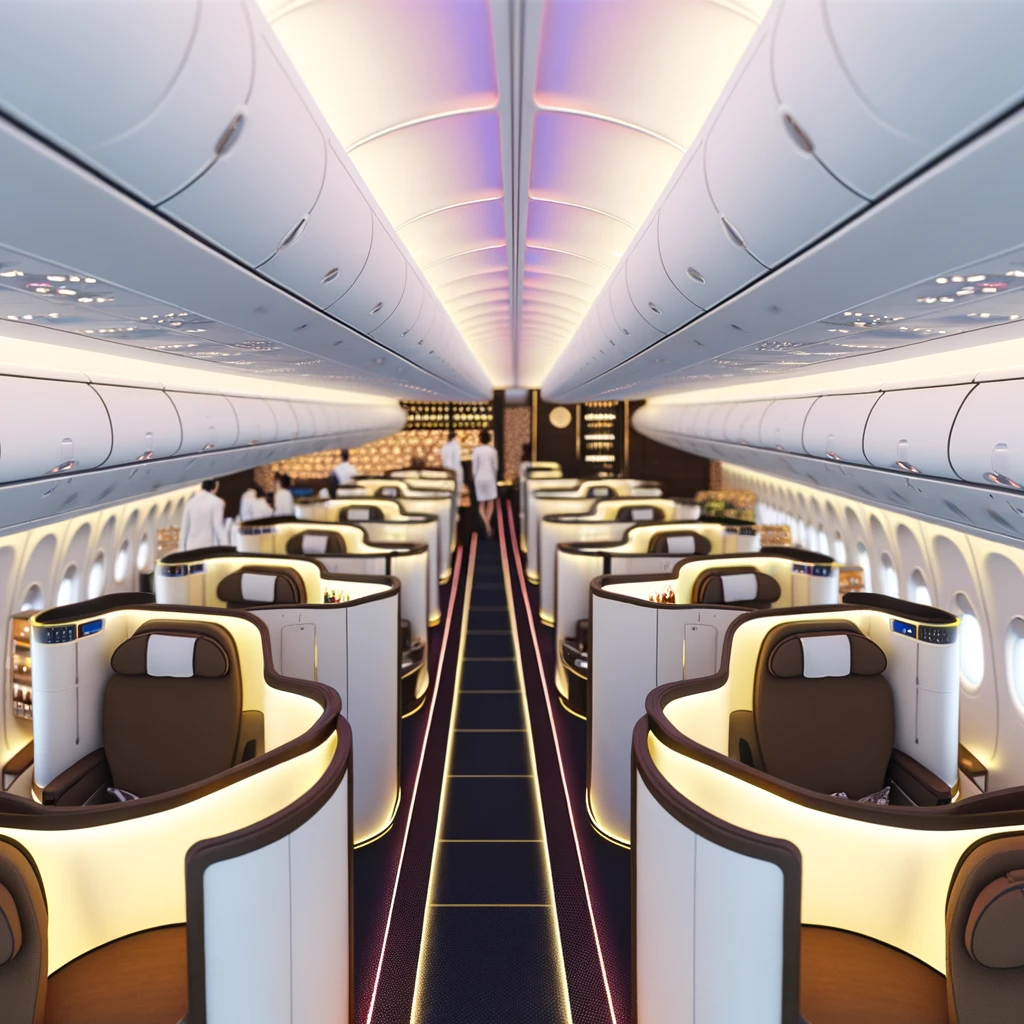

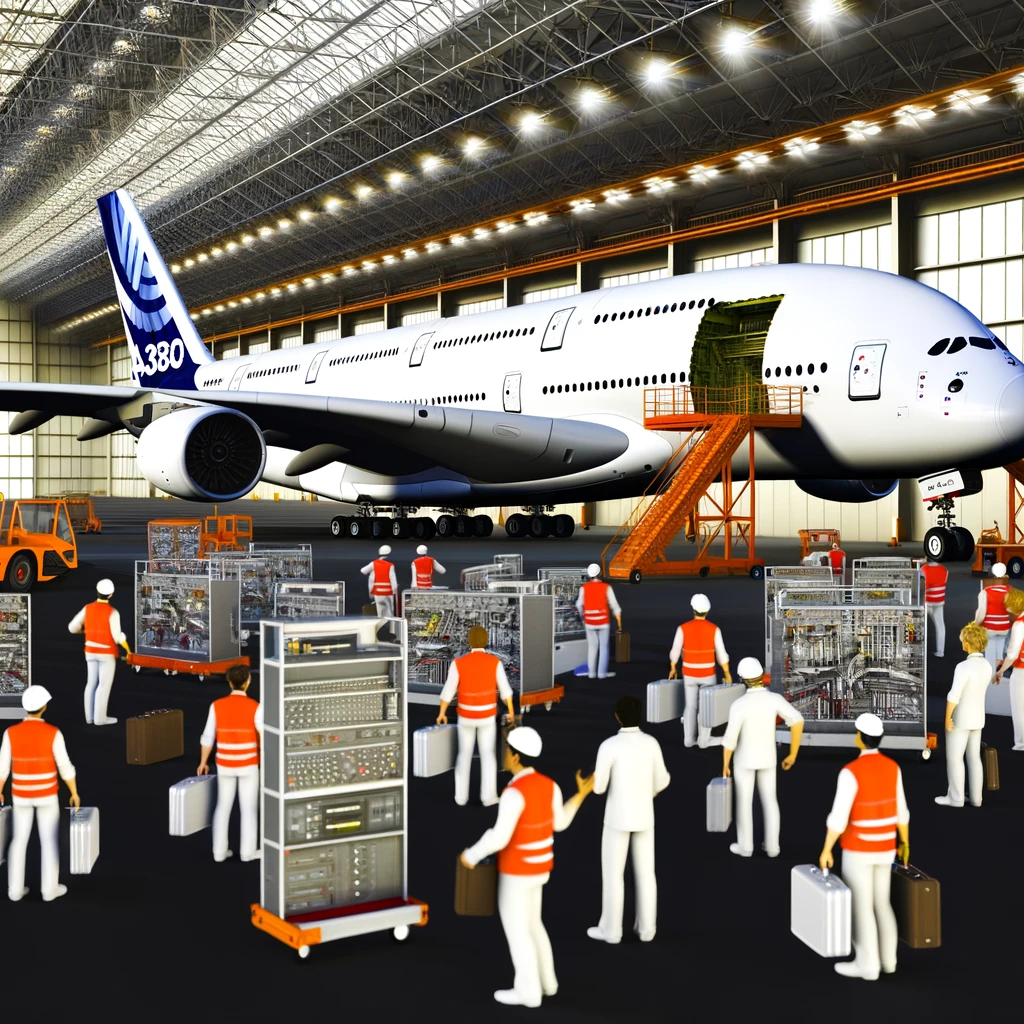
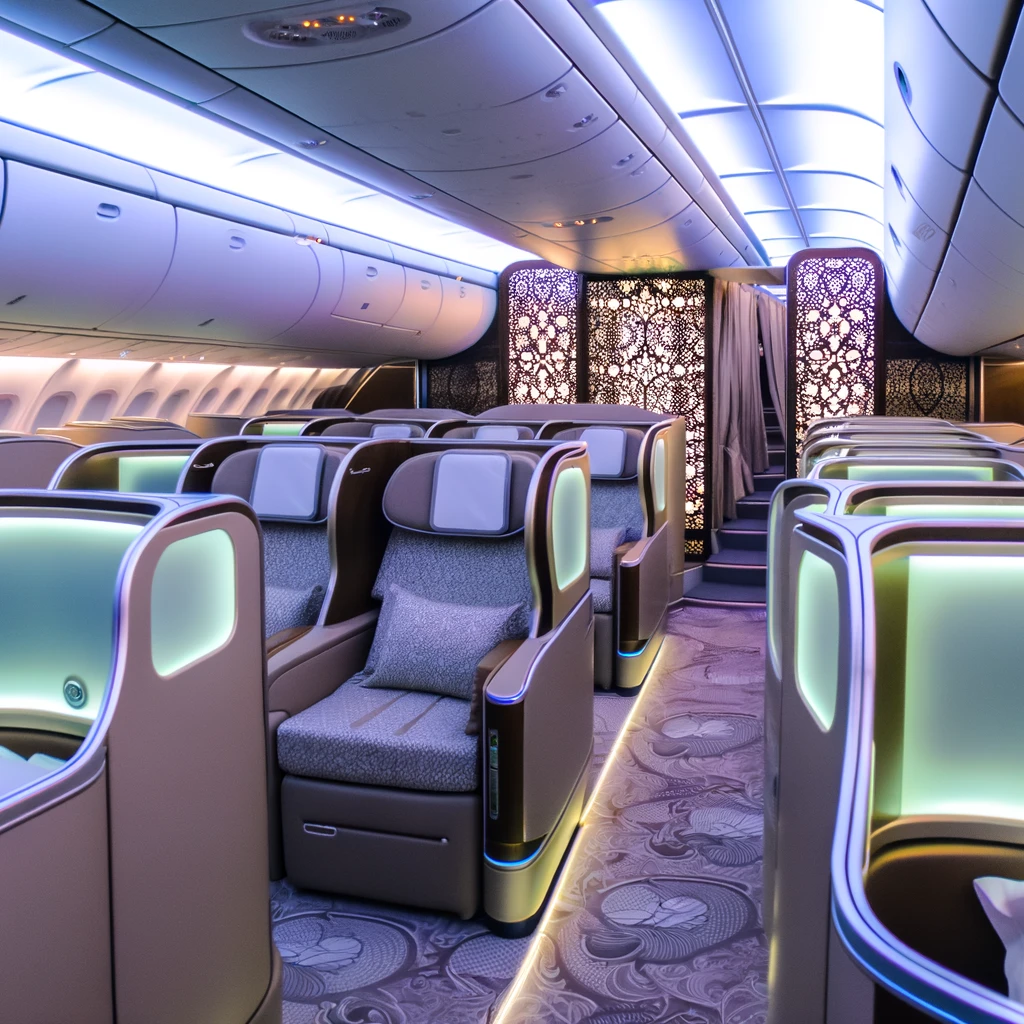
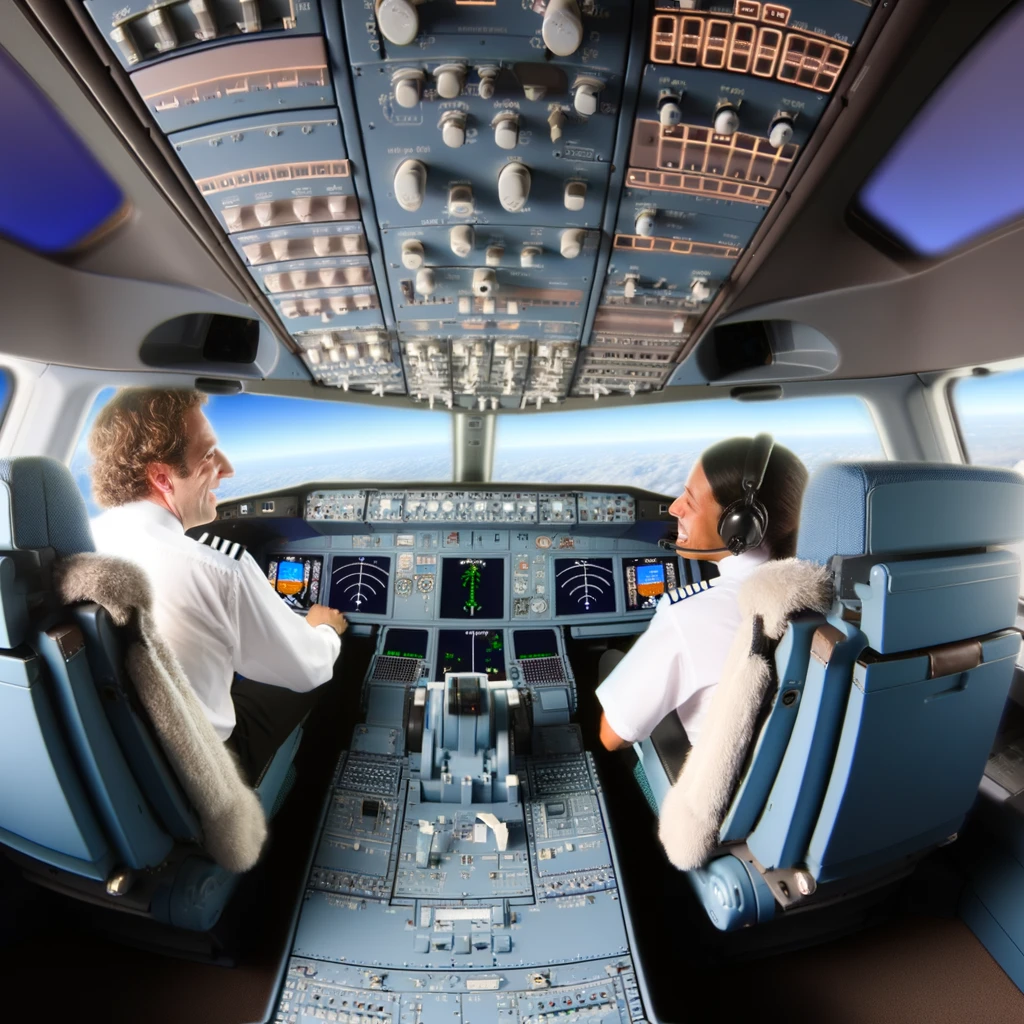





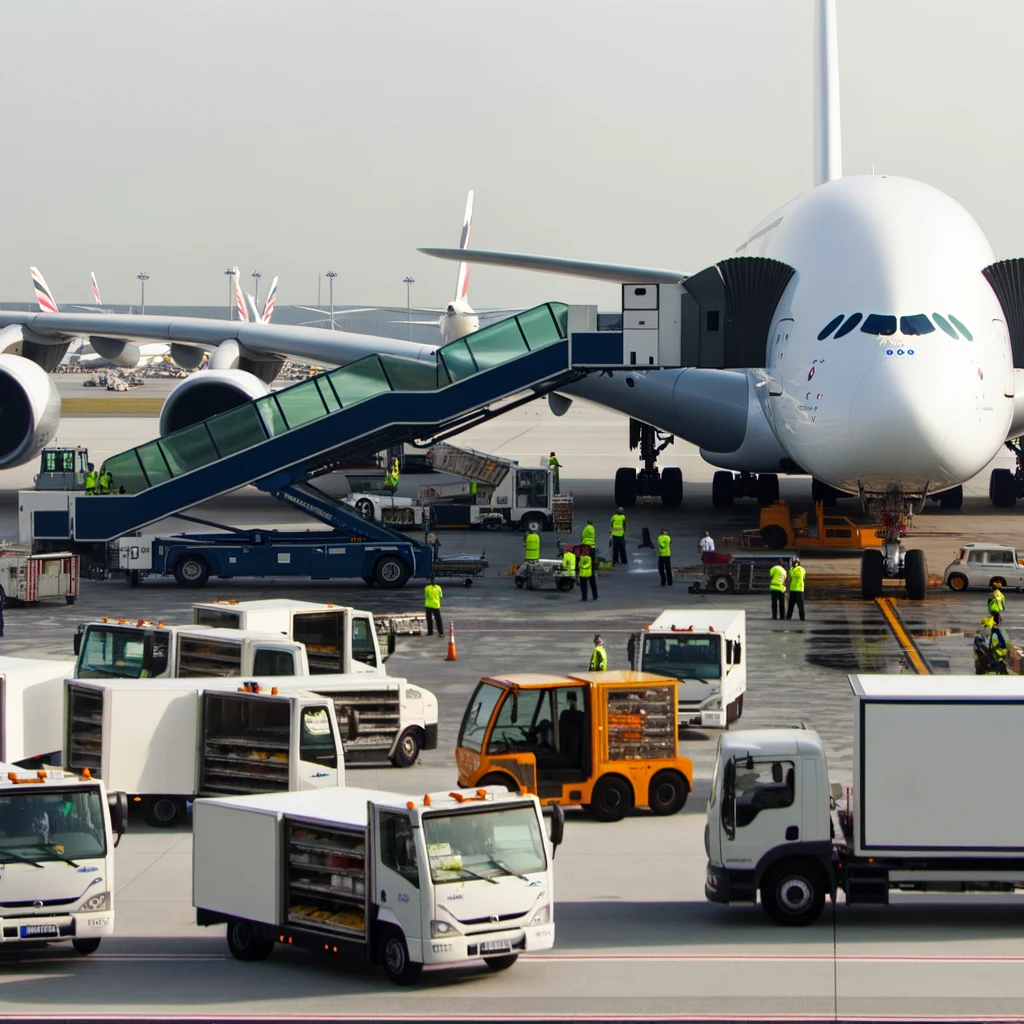
The Airbus A380 stands as a marvel of modern aviation, renowned for its immense size and capacity to carry hundreds of passengers across the globe. As the largest passenger aircraft in the world, the A380 presents unique challenges and opportunities when it comes to in-flight catering. This article delves into the intricate logistics of catering for the vast number of passengers aboard this flying giant.
The Airbus A380 can carry up to 853 passengers in an all-economy configuration, although most airlines opt for a three-class setup that accommodates around 500 to 600 passengers. This significant capacity requires meticulous planning and coordination to ensure that every passenger's dining experience meets high standards of quality and service.
The catering process for an A380 flight begins long before the aircraft takes to the skies. Airlines collaborate with specialized catering companies to design menus that cater to diverse passenger preferences, dietary restrictions, and cultural considerations. These menus are often rotated regularly to provide variety for frequent flyers.
Once the menu is finalized, the catering company begins sourcing the necessary ingredients. This step involves logistical coordination to ensure that fresh produce, meats, and other perishable items are delivered to the catering facility on time. Given the scale of operations, suppliers often deliver ingredients in bulk, which are then stored in temperature-controlled environments to maintain freshness.
At the catering facility, a team of chefs and kitchen staff works tirelessly to prepare meals for hundreds of passengers. The production process is streamlined to maximize efficiency while maintaining quality. Each dish is cooked, cooled, and then carefully packed into meal trays suitable for reheating in-flight.
Ensuring that all meals are prepared to the same high standard requires rigorous quality control measures. Catering facilities employ food safety protocols to prevent contamination and ensure that meals remain safe for consumption. Additionally, catering staff must precisely label each meal to accommodate special dietary requirements, such as vegetarian, halal, or gluten-free options.
Once meals are prepared, they are loaded onto specialized catering trucks equipped with refrigeration units. These trucks transport the meals to the aircraft, where they are loaded into the galley. The A380's galley is designed to handle a high volume of meals while allowing crew members to efficiently serve passengers.
The timing of this loading process is crucial. Meals must be loaded shortly before departure to maintain freshness, yet the process must be completed swiftly to avoid delaying the flight. This requires seamless coordination between the catering staff, ground crew, and flight attendants.
Once airborne, the cabin crew is responsible for serving meals to passengers. The design of the A380's cabin includes multiple galleys distributed throughout the aircraft, enabling efficient service across all classes. Flight attendants use trolleys to distribute meals, ensuring that service is quick and organized even during a fully booked flight.
Airlines continually strive to enhance the passenger dining experience aboard the A380. This includes initiatives such as offering gourmet meals in premium classes, introducing snack bars, and providing an extensive selection of beverages. The goal is to turn in-flight dining into a memorable aspect of the travel experience.
Catering for the Airbus A380 is a complex logistical endeavor that requires precision, planning, and a commitment to quality. From sourcing ingredients to serving passengers at 35,000 feet, every step in the process is a testament to the capabilities of modern airline catering. As the A380 continues to connect the world, the logistics of catering for hundreds of passengers remains an essential component of its success.